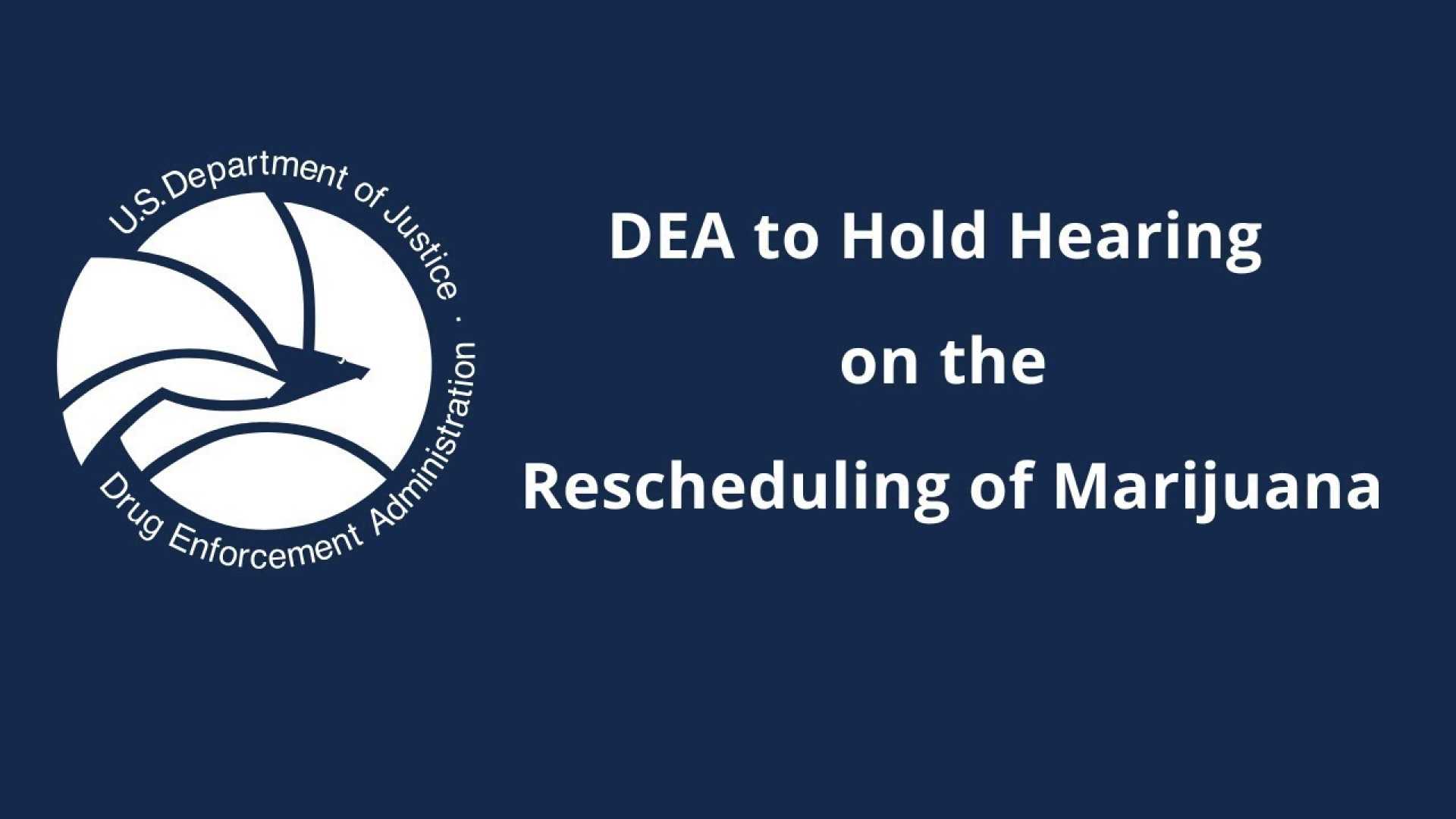News
Legal Battle Erupts Over DEA’s Cannabis Rescheduling Process

HILLSBORO, Oregon (AP) — Doctors for Drug Policy Reform (D4DPR), a nonprofit organization composed of medical professionals advocating for evidence-based cannabis regulations, has filed a legal brief criticizing the Drug Enforcement Administration‘s (DEA) recent rescheduling process for cannabis. D4DPR’s 56-page brief, submitted to the U.S. Court of Appeals for the D.C. Circuit on Feb. 17, asserts that the DEA’s actions violate fundamental administrative principles.
President Bryon Adinoff, a board-certified addiction psychiatrist and clinical professor at the University of Colorado School of Medicine, leads D4DPR, which consists of over 400 doctors. The brief argues that the DEA, under former Administrator Anne Milgram, failed to provide reasoning for excluding D4DPR and other organizations from the rescheduling hearing process to reclassify cannabis as a Schedule III drug under the Controlled Substances Act (CSA).
“The agency denied all but 25 applications,” D4DPR’s brief states, referencing the rejection of requests from 163 organizations and individuals to participate in the hearing. The DEA’s decision was reportedly based on claims that those denied were not ‘interested persons’ and had not identified relevant evidence they intended to present.
In its appendices, the brief includes DEA rejection letters sent to the 138 organizations that were turned down. Each letter, signed by Milgram, noted the applicants’ failure to establish their status under DEA regulations. “DEA has determined that the request did not sufficiently establish that you are an ‘interested person,’” the letters stated.
Contrarily, the DEA sent “cure letters” to 12 individuals and organizations that opposed the rescheduling. These letters invited recipients to submit further information to demonstrate their eligibility to participate in the hearing. D4DPR argues that this indicates preferential treatment towards anti-rescheduling entities, undermining the fairness of the selection process.
“The agency’s silence, facially arbitrary participant selections, and ex parte assistance almost entirely to anti-rule applicants are strong evidence that the agency acted with an impermissible purpose,” the brief asserts. The organization is urging the court to vacate the DEA’s selections and remand with instructions for the agency to redo the process in a transparent manner.
D4DPR’s representation, Austin T. Brumbaugh from Yetter Coleman LLP, contends that the number of selected participants is insufficient given the extensive applicant pool involved. The lack of transparency has raised concerns regarding the agency’s decision-making criteria and whether it reasonably considered alternatives or a diverse range of perspectives.
DEA Chief Administrative Law Judge John J. Mulrooney had previously acknowledged the agency’s involvement in ex parte communications with select participants and has since ordered a stay in the hearing process since Jan. 13. This stay casts uncertainty over the timeline and progress of the cannabis rescheduling initiative.
D4DPR’s brief elaborates that the organization qualifies as an ‘interested person’ due to its members being physicians and licensed medical practitioners who prescribe cannabis for treatment. The organization further contends that cannabis’s scheduling status directly affects how medical cannabis is recommended or prescribed.
“The DEA’s secretive process violates administrative law principles because a federal government agency must disclose the basis of its actions to permit meaningful judicial review,” D4DPR argues, emphasizing the necessity for an open selection process that reflects a variety of voices and experiences pertinent to the cannabis discussion.
This ongoing legal battle underscores the complexities surrounding cannabis policy, particularly as public opinion shifts and calls for reform grow stronger across the nation. As the judicial process unfolds, the wider implications for cannabis regulation and the role of federal agencies remain a focal point for advocates, practitioners, and policymakers alike.












